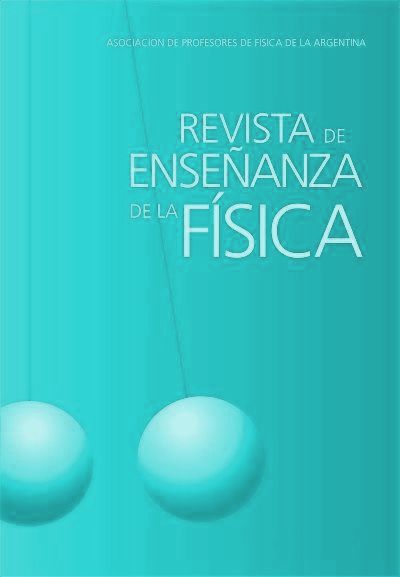Integrated curriculum as an extension experience in natural sciences at the secondary level
Keywords:
Experimental practices, Integrated curriculum, Secondary school, ExtensionAbstract
This paper discusses the project Strengthening natural science laboratories with an integrated curriculum model and its aim to promote a more holistic and practical approach to education. It highlights the fragmented nature of knowledge in the current educational system and the lack of interdisciplinarity. The project seeks to address these issues by developing experimental practices that connect disciplines such as physics, chemistry, biology, and technology. The planning of activities involves collaboration between university students and teachers and school teachers, allowing secondary school students to explore and empirically verify everyday phenomena. The tasks include observing phenomena, creating tables and graphs, comparing results with theoretical models, drawing inferences, and promoting reflective thinking. This interdisciplinary approach aims to bridge the gap between theoretical knowledge and realworld applications, providing a more comprehensive and relevant learning experience for students.
References
Ackerman, D. B. & Perkins, D. N. (1989). Integrating Thinking and Learning Skills across the Curriculum. In H. H. Jacobs (Eds.), Interdisciplinary Curriculum: Design and Implementation (77-95). Alexandria, VA: Association for Supervision and Curriculum Development.
Boix Mansilla, V. (2016). How to Be a Global Thinker. Educational Leadership, 74(4), 10-16.
Jaramillo, L. (2019). Las ciencias naturales como un saber integrador. Sophia: Colección de la Educación, 26(1), 199-221. DOI: https://doi.org/10.17163/soph.n26.2019.06
Ortiz Hernández, E. (2006). Retos y perspectivas del currículo integrado. Cuaderno de Investigación en la Educación, 21, 35-56. https://revistas.upr.edu/index.php/educacion
Shunk, D. (2012). Teoría del Aprendizaje. Una perspectiva Educativa (6a ed.). México: Pearson Educación.
Torres Santomé, J. (1998). Globalización e interdisciplinariedad: el currículo integral. Madrid: Morata.
Downloads
Published
Issue
Section
License

This work is licensed under a Creative Commons Attribution-NonCommercial-NoDerivatives 4.0 International License.
Aquellos autores/as que tengan publicaciones con esta revista, aceptan los términos siguientes:Los autores/as conservarán sus derechos de copiar y redistribuir el material, bajo los términos estipulados en la Licencia de reconocimiento, no comercial, sin obras derivadas de Creative Commons que permite a terceros compartir la obra bajo las siguientes condiciones:
- Reconocimiento — Debe reconocer adecuadamente la autoría, proporcionar un enlace a la licencia e indicar si se han realizado cambios. Puede hacerlo de cualquier manera razonable, pero no de una manera que sugiera que tiene el apoyo del licenciador o lo recibe por el uso que hace.
- NoComercial — No puede utilizar el material para una finalidad comercial.
- SinObraDerivada — Si remezcla, transforma o crea a partir del material, no puede difundir el material modificado.
- Los autores/as podrán adoptar otros acuerdos de licencia no exclusiva de distribución de la versión de la obra publicada (p. ej.: depositarla en un archivo telemático institucional o publicarla en un volumen monográfico) siempre que se indique la publicación inicial en esta revista.
- Se permite y recomienda a los autores/as difundir su obra a través de Internet (p. ej.: en archivos telemáticos institucionales o en su página web) antes y durante el proceso de envío, lo cual puede producir intercambios interesantes y aumentar las citas de la obra publicada. (Véase El efecto del acceso abierto).










